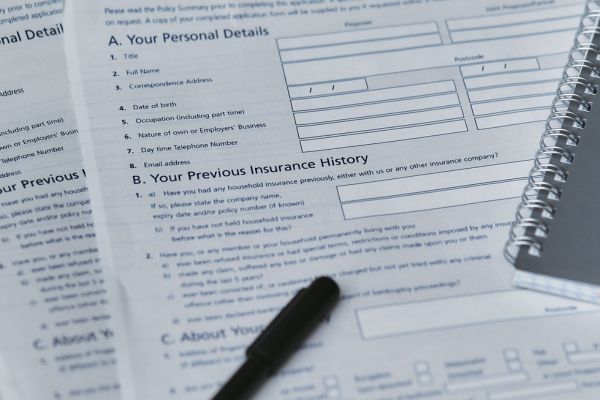In the dynamic world of transportation, where safety is paramount, the Federal Motor Carrier Safety Administration (FMCSA) plays a crucial role in regulating the industry. One of the key aspects overseen by the FMCSA is the requirement for Liability Insurance for motor carriers. Let’s look into the specifics of FMCSA Liability Insurance Requirements, understanding its nuances, determining coverage needs, and exploring the consequences of non-compliance.
FMCSA Liability Insurance Requirements
The FMCSA has laid down stringent regulations to ensure that motor carriers operate with adequate insurance coverage. These regulations are designed to protect not only the carriers themselves but also the interests of other parties involved in the transportation network.
To meet FMCSA requirements, carriers must maintain a minimum level of liability insurance coverage. This coverage is intended to provide financial protection in the event of accidents, injuries, or damages caused during the transportation of goods. Carriers must be well-versed in the types of liability insurance available, including Bodily Injury Liability and Property Damage Liability.
The basic requirements are as follows:
1. Property Carriers (Non-Hazardous Materials): $750,000 in liability insurance coverage.
2. Freight Forwarders and Brokers: $75,000 in liability insurance coverage.
3. Passenger Carriers (Vehicles with a seating capacity of 15 or fewer passengers): $1.5 million in liability insurance coverage.
4. Passenger Carriers (Vehicles with a seating capacity of 16 or more passengers): $5 million in liability insurance coverage.
How to File
Applicants should be prepared to contact their agents to request filing of the required forms immediately after obtaining their designated docket number. These filings must be received within 90 days after the FMCSA has published public notice of intention to register the applicant. (Applicants will be notified by letter of their docket number and date of publication in the FMCSA Register.)
Applicants are cautioned to ensure that the name and address of the business as set out in all pre-registration filings match exactly the name and address provided in their application for operating authority filings. Any deviation will result in rejection of the supplemental pre-registration filings.
Where to File
- Insurance Companies (Forms BMC-91,91X, 34 and 84)
- Financial Institutions (Form BMC-85)
Insurance companies that wish to file insurance forms online (BMC-91,91X, 34 and 84) need to set up a filer account with FMCSA. Please submit a request to the Insurance Team at mc-ecc.comments@dot.gov or at the above address with the following information:
- Letter on the insurance company’s letterhead requesting a filer account
- Whether you will be filing BIPD, Cargo, Surety Bond or Trust Fund coverage
- Home office address of the insurance company
- Billing address, if that address is different from the home office address
- Name of a contact person with that insurance company
- Contact person’s telephone and fax numbers
- Billing contact person’s telephone and fax number if it is different than the home office contact person
- E-mail address of the contact person if available
- Preferred user name for the account (if any)
- Copy of the insurance company’s state license
- Subject line: “Insurance Filer Account Request”
Impact of Liability Insurance on Carrier Reputation
Liability insurance is not just a regulatory requirement; it also plays a significant role in shaping a carrier’s reputation. Companies that prioritize safety and compliance with insurance regulations build trust with customers and partners. The positive impact on reputation can contribute to business growth and longevity in a competitive industry.
Conclusion
FMCSA Liability Insurance Requirements are a fundamental aspect of operating as a motor carrier. Compliance with these requirements not only ensures adherence to regulations but also contributes to the safety and reliability of the transportation network. Carriers must approach liability insurance with a comprehensive understanding of regulations, coverage needs, and risk management strategies to thrive in this dynamic industry.
FAQs
1. What is the minimum liability coverage required by FMCSA?
FMCSA mandates a minimum coverage amount, but factors such as cargo type and vehicle weight can influence this requirement.
2. How does a company demonstrate insurance compliance to the FMCSA?
Companies typically file proof of insurance with the FMCSA, and this information is accessible to the public.
3. Are there penalties for non-compliance with FMCSA insurance requirements?
Yes, non-compliance can result in fines, suspension of operations, or even revocation of operating authority.
4. Can insurance premiums be reduced through safety programs?
Yes, implementing safety programs and providing driver training can positively impact insurance premiums.
5. What are the future trends in FMCSA insurance?
Anticipated trends include increased reliance on technology, potential changes in minimum coverage requirements, and a focus on safety and risk management.






